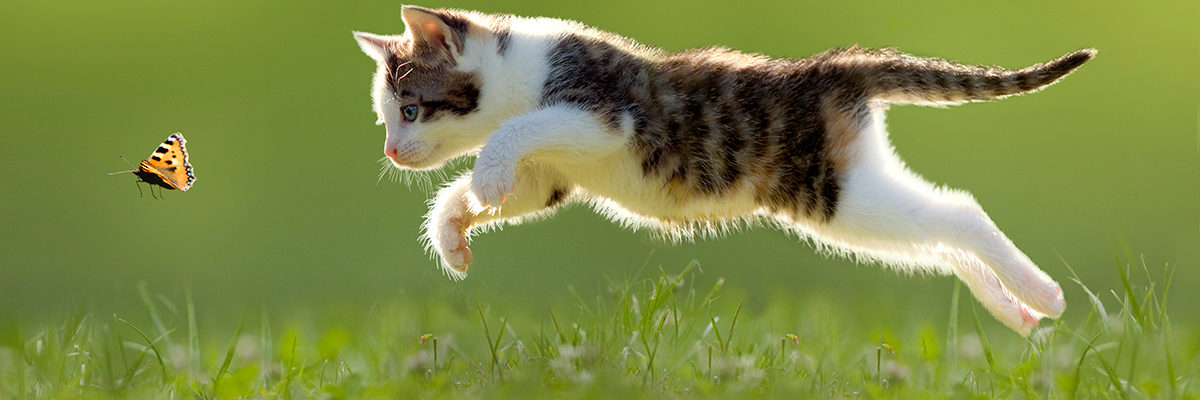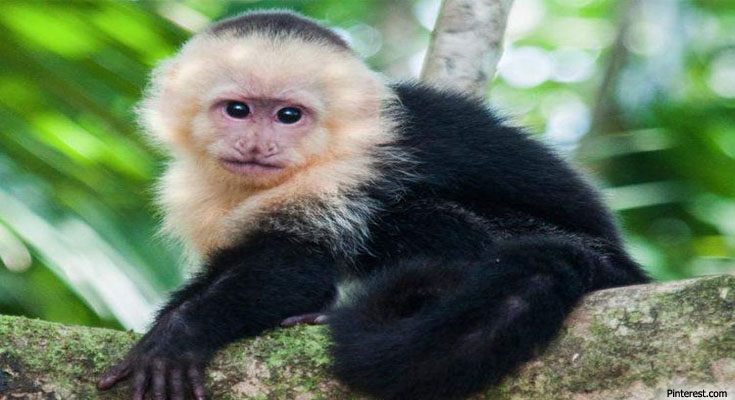Facts:
There are nine different types of capuchin species. This is the most common, The white-headed capuchin, also known as the white-faced or white-throat. Capuchin monkey can live in groups up to 30 monkeys, and each monkey should always have a monkey companion. Capuchin monkeys weight 3-9 pounds. A common diet plan for capuchin monkeys contains fruit, insects, leaves, and smaller birds. They’re specifically great at catching frogs and cracking nuts, and it is suspected that they might also feed on smaller mammals.
Females spend their entire life with their female kin, while males migrate to different groups multiple times during their lifetime. female produces their first offspring at about 6-7 years old. Females bear young every two years following a 160 to 180 days gestation. Females only have 1 baby, but can have twins. Adult male capuchin hardly ever take component in caring for the young. Males can mate with females around the ages of 7-8 years. Females come to be fully mature when age 4 and males, age 8. In captivity, capuchin can attain age 45+, even though life in nature is only 15 to 25 years.
Capuchins have deemed essentially the most intelligent New Globe monkey. Capuchin is kept as exotic pets. They are also trained to be of help. These monkeys can help brighten disabled people’s life by providing companionship and friendship. Many of the disabled people are left alone for many hours of the day since their families cannot be with them at all times. Young monkeys are adopted by families and raised much like a child. Because of the way they are raised, they become affectionate and content. When the monkey is old enough, it is sent to the Helping Hands Training Center in Boston for formal training.
Pet tips:
This is their diet:
Morning:
1-3 oz canned primate diet regime (cut in smaller pieces) Zupreem, Science Diet regime
10-12 pieces of soaked New World Monkey Biscuit (Mazuri, Spectrum,
Purina, etc.) or is usually offered dry up
1/3 cup depending on the size of the monkey. Soaking in fruit juice might
boost palatability through conversion from poor diets.
Evening:
Monday, Wednesday, Friday:
1/8 apple
2 slices of banana 1/2
2 grapes 1/2
1 TBS diced orange
1/2 slice sweet potato (chopped)
1 1/2 TBS lettuce mix* (Romaine, cabbage, celery)
4 primate biscuits (soaked in orange juice/M. jelly)
8 peanuts
1 TBS sunflower seeds
1 piece of carrot – chopped
1/8 slice of whole wheat bread cubed
4 snow peas
Tuesday, Thursday, Saturday, Sunday
2 slices of banana 1/2
1 TBS diced orange
green beans cut
1/4 challenging boiled egg with shell (reduce up)
1 TBS corn (thawed frozen or fresh)
5 peanuts
1 TBS sunflower seeds
1 heaping TBS avocado
few sprigs of parsley
1 heaping TBS black-eyed peas (shelled)
1/2 slice turnip
1 oz canned primate diet program (cut in compact pieces)
4 primate biscuits (soaked in fruit juice or M. jelly)
1/4 slice entire wheat bread cubed
Occasional cricket (cricket needs to be dusted in the vote) as a treat. Some will genuinely enjoy this, other people will not know what to accomplish with it.
Other meats for instance cooked fish, chicken, turkey, beef is in some cases enjoyed. Present teaspoon-sized portions. Reduce intake of human sweets, dessert foods, milk goods, carbohydrates, and fats. It truly is OK to give the monkey one particular human child’s vitamin tablet 2-3 occasions per week.
Keep away from foods that happen to be enriched with iron which include fortified cereals. Other treats occasionally: soaked raisins, other sorts of fruit – a portion of treats daily needs to be less than 1 teaspoon in volume!
* Lettuce mix ingredients are placed in a chopper and mixed. Use long and thin pieces.
Capuchins need large space and lots of toys. Always buy new things and switch around their room or living space as they can get bored. When buying a capuchin it is advised to buy two. These animals do not need to be along (with just humans) they need a monkey playmate or they will get very stressful. Capuchin monkeys need an outdoor enclosure, for they will die without a lot of sunlight. Buy toys that are tested safe for babies and toddlers. Take your monkey out for a walk using a collar or halter and leash. Although your monkey will probably choose to ride on your shoulder, you do need that leash to grab him if he starts getting into something he shouldn’t. Find a good veterinarian to deal with your monkey’s health concerns. Your capuchin will need a complete health exam once a year, complete with TB test, parasite examination, and a complete blood screening. Your local veterinarian may have particular vaccination requirements for monkeys, so you’ll need to call around to find a vet who is up to speed on monkey care. If you are having difficulty locating one, call your nearest zoo and see if they can recommend a vet.
WARNING:
Capuchins are very clever at being able to escape from cages, collars, and leashes, so check with fellow monkey owners to see how they manage to monkey-proof these items
Keep all medications, matches, lighters, and so on out of the reach of your monkey, the same as you would do with a small child





